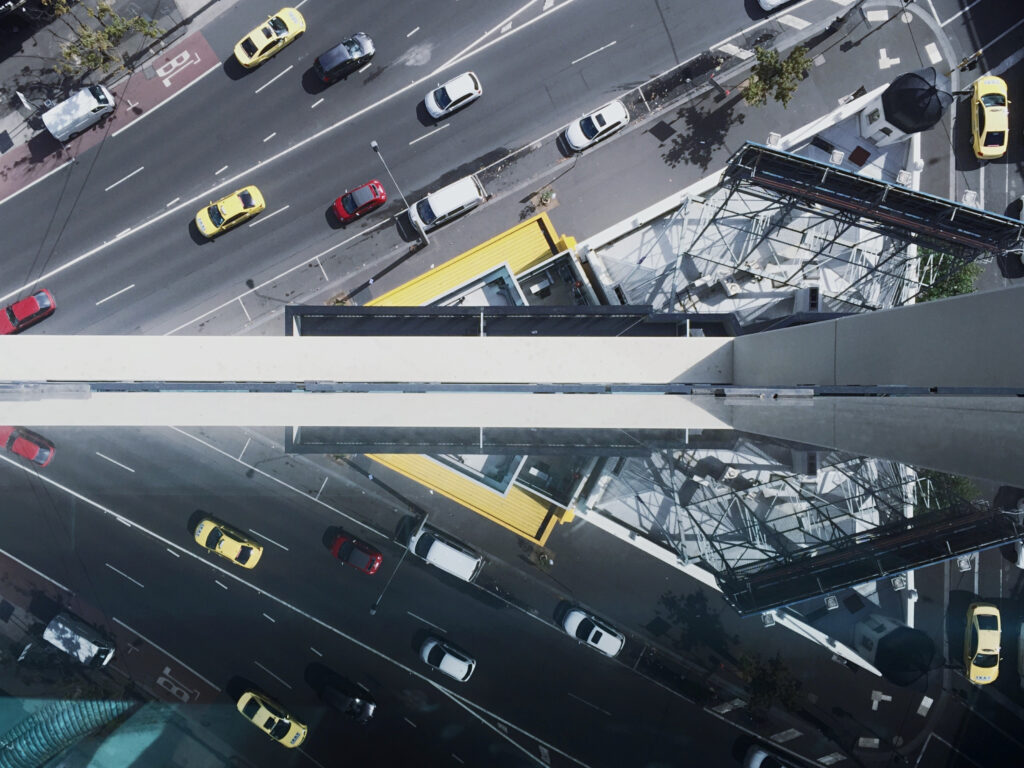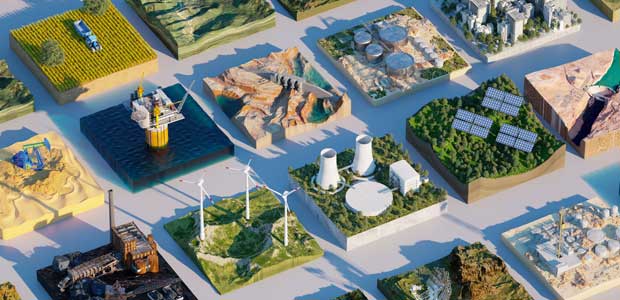Acciona’s pivot to global infrastructure concessions
Acciona is slimming down its renewables portfolio via asset sales. For its next phase of growth it is targeting infrastructure projects ranging from desalination in the Gulf to power transmission in Latin America. Brendan Malkin reports.
For two decades, Acciona has ploughed billions of euros into renewables, building up a portfolio of some 15 GW of capacity across 20 countries worldwide.
“It was a great time to be investing, particularly as energy was triggering better yields than other infrastructure,” said Alejandro Jimenez, global head of business development at Acciona Infrastructures, which operates concessions.
But today, Acciona Energia, the conglomerate’s sprawling renewables-focused arm, is now selling a raft of projects from 440 MW of operational wind assets in Spain that it offloaded in recent days to Antin Infrastructure Partners-backed Opdenergy, to large portfolios of hydroelectric plants in Europe and a major wind project in Peru.
“We are still investing in energy, but we are rotating mature assets and recycling capital,” said Jimenez.
“Still, there are many renewables projects, but we see more competition while energy prices in many countries have gone down,” he added.
Infrastructure super-cycle
The Madrid-headquartered giant, which has a market capitalisation of some EUR 9.2bn and a global track record of building some of the world’s largest infrastructure projects, is now directing part of the proceeds from this recycling exercise to other types of infrastructure, not least concessions, where it is seeing opportunities abound.
“We are in a super-cycle of infrastructure investment right now, which is happening in many countries,” said Jimenez.
This is being driven by an infrastructure greenfield investment pipeline that “is much bigger now than five years ago” across mainly transport, electrification, and water.
“In most geographies there has been an investment deficit in infrastructure. Now governments really need to do the investment that was not done in the previous years,” said Jimenez.
Greenfield infrastructure investing is attractive for Acciona given the lack of competition for deals, particularly compared to the highly competitive renewables sector, he said.
“We are seeing more needs in transport, water, and not so much competition. There are very few companies that can handle the big and complex transportation projects,” he added.
Increased commitment to infra
The company has committed to invest some USD 2bn over the next five years into greenfield infrastructure, from transmission lines in Peru and Australia to major transportation projects in the US.
“This USD 2bn figure is much bigger than the previous five years,” said Jimenez.
Acciona is already globally renowned for developing infrastructure: it has built five huge desalination schemes in Saudi Arabia alone, more than any other company, the latest being the USD 384m Shuqaiq 1 desalination plant on the Red Sea coast, which processes some 400,000 cubic metres of water daily.
It also recently won desalination concessions in Casablanca and Mexico as well as a contract to develop and operate the Saadiyat Island independent water producer project in Abu Dhabi.
While the Middle East has “traditionally been the market that started water concessions,” opportunities are also appearing further afield.
“Brazil is very promising. It has a target for reaching 90% average sanitation coverage,” he said.
The UK is also throwing up an array of opportunities in the water sector, with recent contract wins to design and build (but not finance) a fresh water treatment plant in Coppermills in east London for Thames Water.
It is also eyeing expected direct procurement for customers contracts later this decade being planned by Anglian water, Southern Water, United Utilities, Wessex Water and South West Water.
Jimenez admits these schemes are competitive, pointing out that a team of Equitix and Strabag won the GBP 2.9bn Haweswater Aqueduct Resilience Programme (HARP) contract in the Lake District procured by United Utilities.
The managed lanes opportunity
Acciona also has an existing significant presence in the US managed lanes market, winning alongside ACS and Meridiam last year a USD 4.6bn deal to finance, build and operate for 50 years the SR400 Express Lane project of more than 25 km of managed lanes in Atlanta, Georgia.
It also, with Plenary and Sacyr, reached financial close last August on a concession to design, build, operate and maintain for 50 years the bridge over the Calcasieu River, as part of the I-10 interstate highway in Louisiana.
More managed lane projects are on the horizon, not least the enormous USD 15bn 1-285 managed lane also in Atlanta, as well as the I-24 in Tennessee and the I-77 in North Carolina.
Elsewhere it is tapping into a swathe of opportunities stemming from the world’s need to enhance their transmission grid networks to manage the renewables revolution.
“The need for transmission lines is a mega trend. Not all countries are open for concession in transmission lines market. but some of these like in Peru, Australia, US and US are looking very interesting to us,” said Jimenez.
It has made early steps onto the sector, buying from Darby International Capital in April the early development-stage Machupichu-Quencoro-Onocora-Tintaya transmission line project concession in Peru, a 30-year concession of a 330km network in the south of the country.
Also in April it reached financial close on a project to finance, design and build almost 250km of transmission network in New South Wales in Australia.
In the UK meanwhile it has been prequalified by the National Energy System Operator to build and operate so-called synchronous condensers that are needed to stabilise the grid. It is also likely to take part in auctions to build onshore transmission networks in the UK dubbed Competitively Appointed Transmission Owners.
Meanwhile, in San Paulo in Brazil, Acciona’s boring machines are over half way to completing works on a new metro network dubbed Line 6.
The new line, which Acciona is managing on a concession basis, will serve more than 600,000 people daily and reduce commutes that currently take about an hour and a half by bus to 23 minutes.
Acciona might have spent much of its recent history focused on renewables. But today it sees its future in projects such as these.










